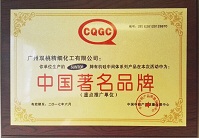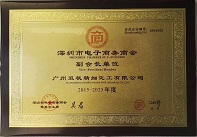
![]() E-mail: admin@gz-chemical.com
E-mail: admin@gz-chemical.com
Email us,best price and silane solutions for you!
Tel:+86 (20) 29035969

![]() E-mail: admin@gz-chemical.com
E-mail: admin@gz-chemical.com
Email us,best price and silane solutions for you!
Tel:+86 (20) 29035969


Human cells have a sophisticated regulatory system that consists of labeling proteins with the
small molecule ubiquitin. In a first, a team from the Technical University of Munich (TUM) has
succeeded in marking proteins with ubiquitin in a targeted manner in test tubes as well as in
living cells. The procedure opens the door to exploring the inner workings of this vital
regulatory system.
Plants, fungi, animals and humans express the protein ubiquitin. It comprises a sequence of
76 amino acids, making it a relatively small biomolecule. But its influence is far-reaching: the
type, position and number of ubiquitin molecules bound to proteins determine their stability,
function, and location within the cell.
"Virtually every process in the cell is directly or indirectly affected by ubiquitin. That is why
malfunctions of this labeling mechanism are associated with the development and progress
ion of cancer and many other severe diseases," explains Kathrin Lang, Professor of Synthetic
Biochemistry at the Technical University of Munich.
The discovery of the important role this cellular regulatory system plays in the controlled
degradation of proteins was acknowledged with the 2004 Nobel Prize in Chemistry. But, in
many cases the details of how ubiquitin modifications affect the function of cells remains
unclear. Kathrin Lang's team has now developed a method for attaching ubiquitin labels to
targeted proteins—a key to exploring the system.
A bacterial enzyme creates new compounds
Lang's team uses two tricks to circumvent the complicated natural system: They incorporate a
novel modified amino acid, at which the bacteria-derived enzyme sortase can attach ubiquitin
or a ubiquitin-similar molecule.
Guangzhou Double Peach Fine Chemical Co.,Ltd
Address: No 3401 Huangpu East Road, Huangpu District, Guangzhou, China
Tel:+86 (20) 29035969 Fax:+86(20)29035979
Tel/Wechat/Whatsapp:0086 13826126978 admin@gz-chemical.com